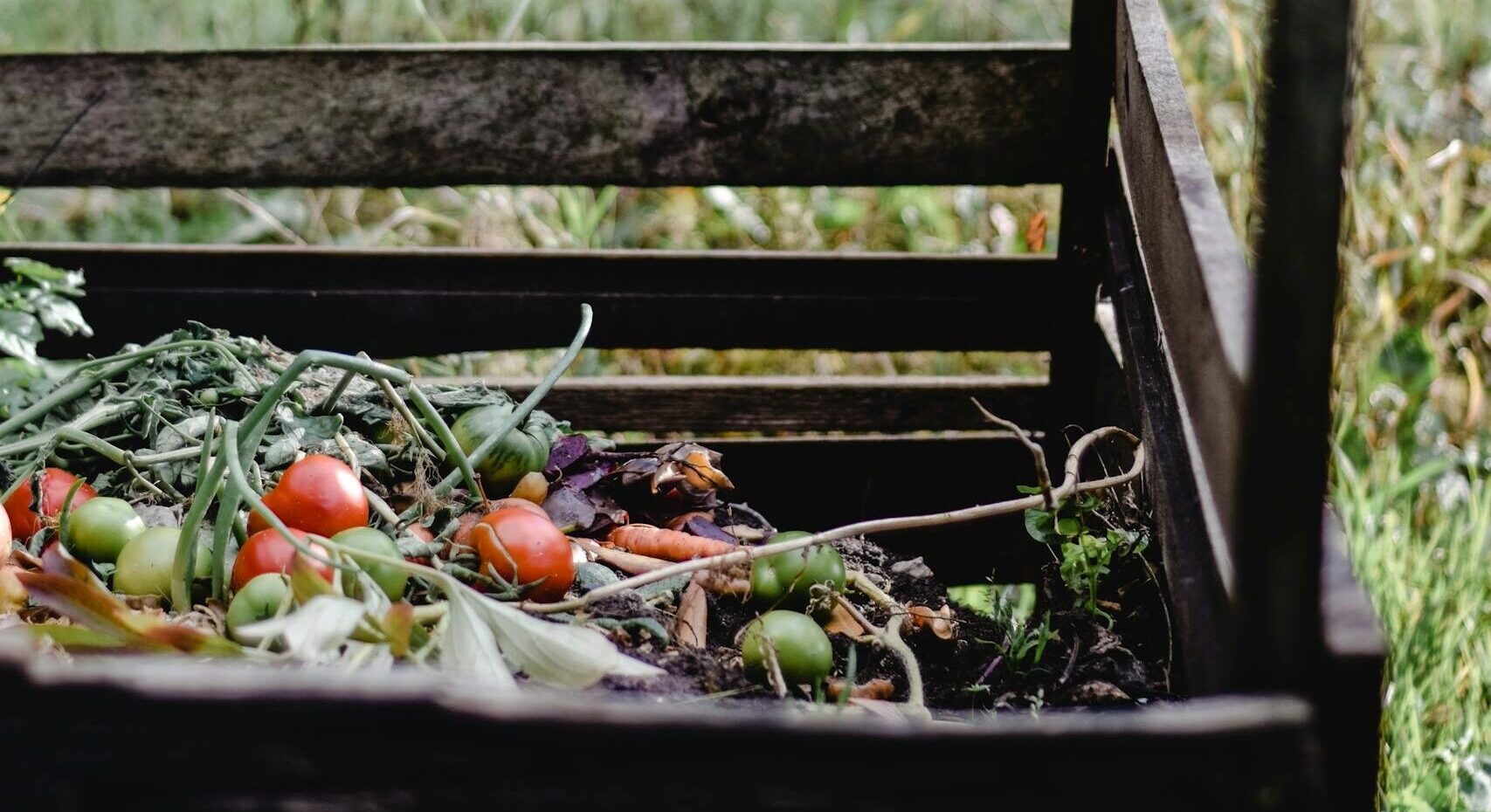Vermont is one of just nine states with a law requiring people to compost their organics. Vermont’s Universal Recycling Law (Act 148), which prohibits the disposal of food scraps in the trash, has been in effect since July 1, 2020. While this law has been active for over four years, there’s still room for improvement!
Currently, Vermont is diverting just over half of its food scraps from the landfill—a significant accomplishment. However, in 2023, food waste still accounted for 18.8% of what ended up in Vermont’s only landfill.
So how can we reduce that percentage and divert even more food scraps? Start composting! And if you already compost, take it one step further by encouraging your friends, family, and neighbors to join in. Composting not only reduces waste but also helps create nutrient-rich soil, supports local agriculture, and cuts greenhouse gas emissions from landfills.
We’re here to help you overcome any obstacles standing in the way of making composting your 2025 resolution. Here’s how to get started:
Step 1: Know What Goes in Your Food Scraps Bin
To successfully compost, it’s important to understand what can and cannot go in your food scraps bin.
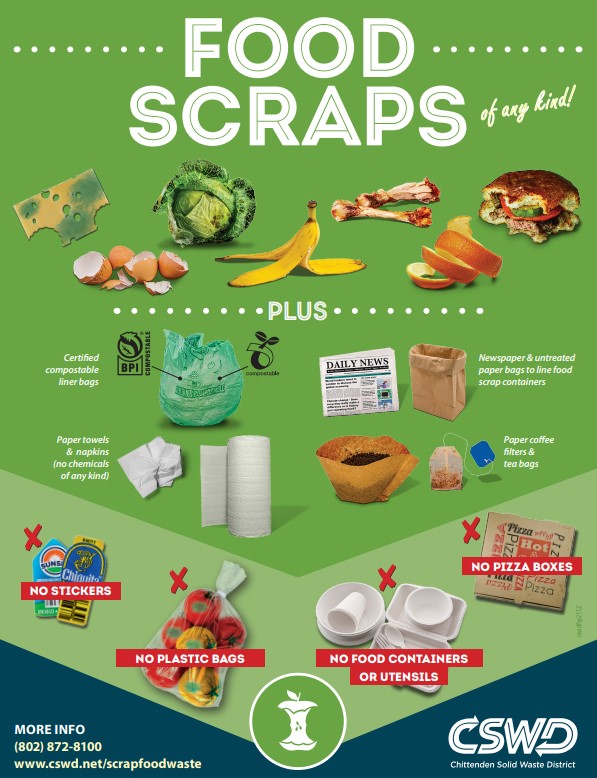
Items We Accept:
- All food scraps of any kind
- Certified, clearly labeled compostable bags used for lining food scrap containers
- Coffee filters & tea bags (paper only—no plastic tea bags)
- Newspaper and untreated paper bags used to line food scrap containers
- Paper towels and napkins (only if they do NOT contain body fluids or chemicals)
- Wooden or bamboo stirrers, toothpicks (no plastic frills), chopsticks
- Uncoated paper leaf bags
Please Keep These Items Out of Your Food Scrap Bin:
- Compostable foodware products
- Fruit/vegetable stickers
- Plastic packaging
- Coated or waxed paper
- Bathroom trash
- Dirt, fill, or stumps
- Cat, dog, or human waste
- Diapers (even those labeled “compostable”)
- Styrofoam
- Metals (including foil wrapping and twist ties)
- Toxic materials such as paints, solvents, pesticides, or petroleum products
Step 2: Collect Your Food Scraps in a Bin
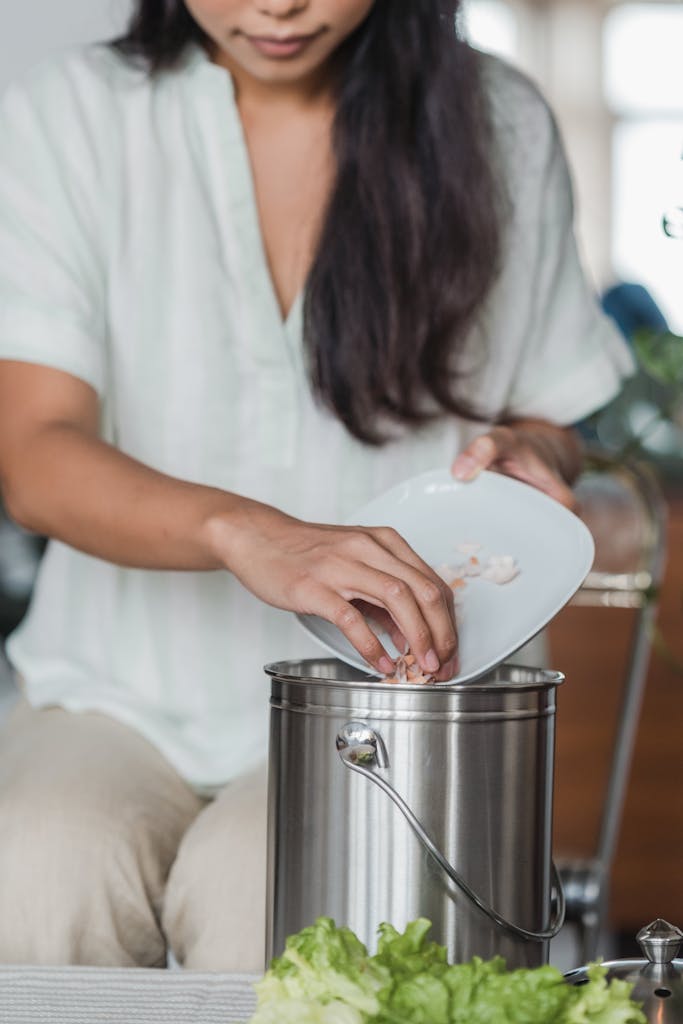
Now that you know what goes in and what has to stay out of your food scraps bin, it’s time to start collecting! You can use any type of container that works for you. And if you would like to line the container with a bag before putting in any food scraps, you can use either a BPI-certified compostable liner bag or a brown paper bag.
Step 3: Overcoming Obstacles
One of the biggest concerns people have about composting is the potential for smells or fruit flies. Don’t let that stop you from composting! Here’s how to tackle these challenges:
- To eliminate or reduce odors
- Store your food scraps in a container in the freezer.
- Empty your food scraps bin more frequently.
- Use a food scraps bin with a secure lid.
- To prevent fruit flies
- Store your food scraps in a container in the freezer.
- Use fruit fly traps.
- Keep any produce in your fridge.
Step 4: Choose Your Composting Method
Once you’ve gathered your food scraps, decide how you want to compost them. Here are some options to consider:
Option 1: Backyard Composting
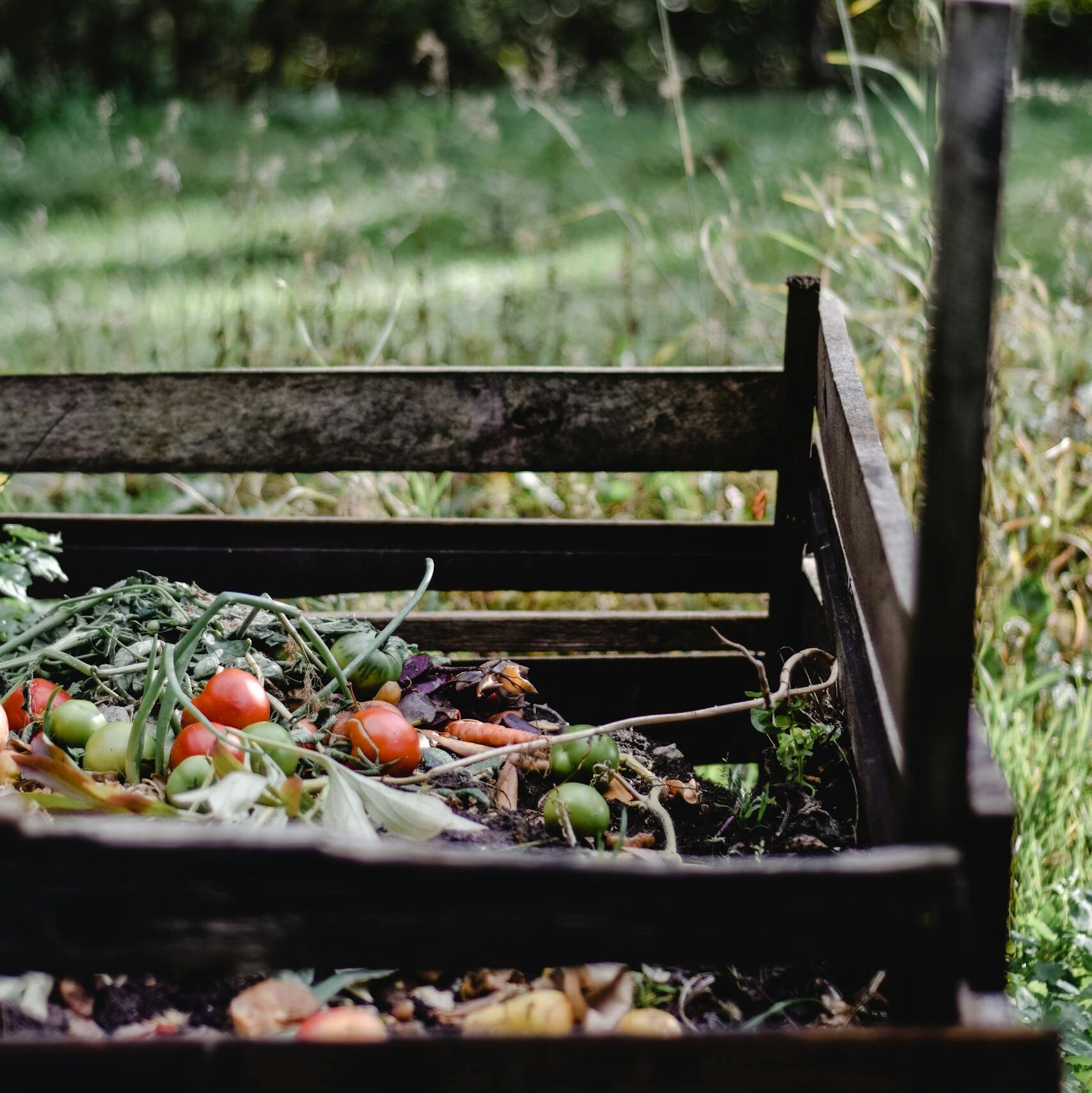
If you have outdoor space, consider starting your own compost pile or bin. This allows you to manage your own food scraps and create nutrient-rich compost for your garden. You’ll need a mix of “browns” (ie. leaves) and “greens” (ie. food scraps) to keep the compost balanced. Learn more about starting your own backyard compost!
Option 2: Food Scrap Hauler
A hauler will pick up your food scraps and take them to a composting facility. This is a convenient option if you don’t have space or time for backyard composting, or limited time to take your food scraps to a drop-off center. Find a food scrap hauler!
Option 3: Self-Haul to a Drop-Off Center
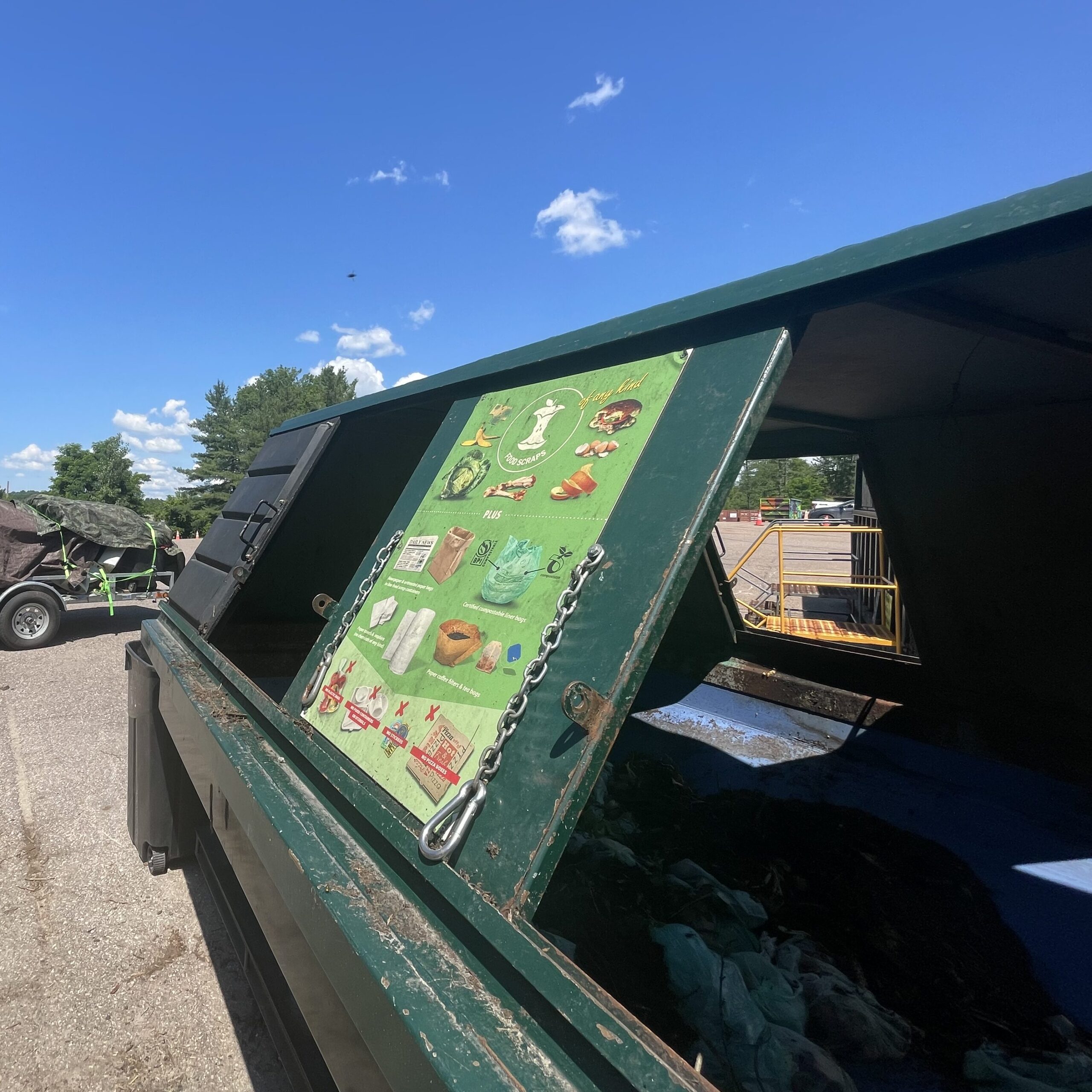
If you would rather drop off your food scraps yourself, you can bring them to any of CSWD’s six Drop-Off Centers.
CSWD Drop-Off Centers;
With trash: No fee
Without trash: $1.00 per 5-gal container (30 gallon daily limit)
CSWD Organics Recycling Facility (home of Green Mountain Compost);
Under 30 gallons: No fee
30+ gallons: Please contact our Organics Recycling Facility at (802) 660-4949.
Composting is one of the easiest and most impactful changes you can make to help the environment. By keeping food scraps out of the landfill, you’re reducing greenhouse gas emissions and supporting a circular economy that turns waste into valuable resources. Let’s work together to make Vermont’s composting efforts even stronger in 2025 and beyond!

